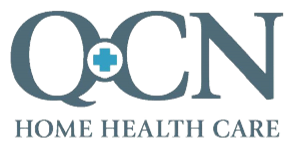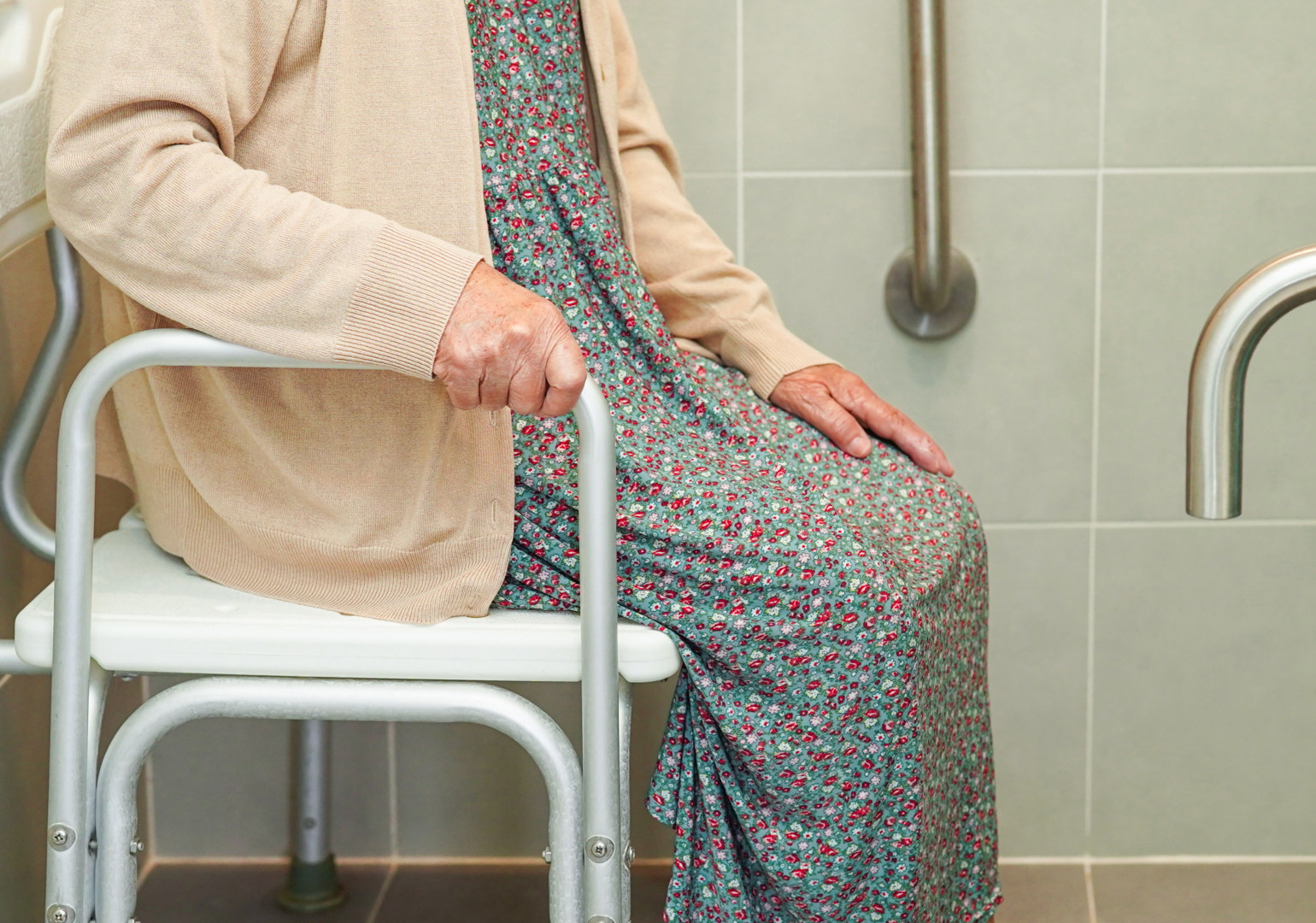Top Concerns for Men’s Health
Men’s health is often overlooked or neglected, but it is a vital aspect of overall well-being and quality of life. Men face several health threats that can affect their physical, mental, and emotional health, as well as their relationships, careers, and hobbies. Some of these health issues are common to both men and women, but some are unique to men or more prevalent among men. Here are some of the top concerns for men’s health and what you can do to prevent or treat them.
Heart Disease
Heart disease is the leading cause of death for men in the U.S. and worldwide. The term heart disease is a bit broad as it refers to a range of conditions that affect the heart and blood vessels, such as coronary artery disease, heart attack, stroke, heart failure, and arrhythmia. One of the leading causes of heart disease is atherosclerosis, which is the buildup of plaque in the arteries that restricts blood flow and oxygen delivery to the heart and other organs. Common risk factors for heart disease include high blood pressure, high cholesterol, diabetes, smoking, obesity, physical inactivity, family history, age, and stress.
One of the best ways to prevent or manage heart disease is to adopt a healthy lifestyle that includes eating a balanced diet, exercising regularly, maintaining a healthy weight, quitting smoking, limiting alcohol intake, managing stress, and getting regular checkups and screenings. Don’t hesitate to seek medical attention immediately if you have symptoms of heart disease, such as chest pain, shortness of breath, dizziness, or palpitations.
Cancer
Cancer is the second leading cause of death for men in the U.S. and worldwide. Cancer is a group of diseases that involve the abnormal growth and spread of cells in the body. Many types of cancer can affect men, but some of the most common are prostate cancer, lung cancer, colorectal cancer, skin cancer, and testicular cancer. Risk factors for cancer vary depending on the type and location of the cancer, but some general factors include age, genetics, environmental exposures, lifestyle habits, infections, and chronic inflammation.
To prevent or detect cancer early, it is advisable to follow the recommended screening guidelines for different types of cancer from the Mayo Clinic (https://www.mayoclinichealthsystem.org/topics/mens-health). They recommend that men should have a prostate-specific antigen (PSA) test and a digital rectal exam (DRE) for prostate cancer starting at age 50 or earlier if they have a family history or are African American. The Mayo Clinic also recommends that men should also have a low-dose computed tomography (LDCT) scan for lung cancer if they are between 55 and 80 years old and have a history of heavy smoking or quit within the past 15 years. Further, they recommend men should also have a colonoscopy for colorectal cancer starting at age 45 or earlier if they have a family history or other risk factors. Finally, the Mayo Clinic recommends that men should also perform monthly self-exams for testicular cancer and see a dermatologist for skin cancer screening at least once a year or more often if they have a history of suspicious moles or lesions.
In addition to screening, it is important to reduce the risk of cancer by avoiding tobacco use, limiting alcohol consumption, eating a nutritious diet rich in fruits and vegetables, exercising regularly, protecting yourself from the sun and other harmful rays, getting vaccinated against certain viruses that can cause cancer (such as human papillomavirus (HPV) and hepatitis B), and practicing safe sex. While not a magic formula, these lifestyle changes or habits can help reduce the risk of developing cancer.
Unintentional Injury
Unintentional injury is another leading cause of death for men in the U.S. and worldwide. These types of injuries refer to any harm that occurs without intent or plan. Some examples of unintentional injuries are motor vehicle crashes, falls, accidental poisoning, drowning, fire or burn injuries, suffocation or choking, electrocution or shock injuries, and firearm injuries. If unintentional injuries do not cause death, they can result in disability, chronic pain, psychological trauma, and reduced quality of life. Some risk factors for unintentional injury include age, gender, alcohol or drug use, distracted driving, not wearing a seat belt, lack of helmet use, unsafe work or home environments, and lack of supervision or emergency preparedness.
To prevent or minimize the impact of unintentional injuries, it is essential to follow safety rules and regulations, use appropriate protective equipment, avoid impaired driving, pay attention to your surroundings, secure potential hazards, and seek medical help when needed. It is also helpful to learn basic first aid and CPR skills and have an emergency plan and kit ready in case of an accident, injury, or disaster.
Depression and Suicide
Depression and suicide are serious mental health issues that affect many men but are often underdiagnosed and undertreated. Depression is a mood disorder that causes persistent feelings of sadness, hopelessness, guilt, and worthlessness. It can also cause a loss of interest or pleasure in activities, changes in appetite or weight, sleep problems, fatigue, difficulty concentrating, and thoughts of death or suicide. Suicide is the act of intentionally ending one’s own life, usually because of depression or other mental disorders.
Depression can lead to suicide, and unfortunately, suicide is one of the ten leading causes of death for men and should be taken very seriously (https://www.cdc.gov/minorityhealth/lcod/men/2018/all-races-origins/index.htm). Risk factors for depression and suicide include genetics, brain chemistry, personality, life events, stress, trauma, abuse, isolation, substance abuse, physical illness, chronic pain, and access to lethal means.
To prevent or treat depression and suicide, it is crucial to seek professional help if you or someone you know is experiencing signs or symptoms of depression or suicidal thoughts or behaviors. There are effective treatments available for depression, such as medication, psychotherapy, or a combination of both. There are also strategies to cope with stress and improve your mood, such as exercising, socializing, volunteering, meditating, or pursuing hobbies.
If you or someone you know is in crisis or thinking about suicide, call the National Suicide Prevention Lifeline at 1-800-273-TALK (8255) or text HOME to 741741 for free and confidential support 24/7. You can also contact a trusted friend, family member, clergy, or health care provider for help.
The Wrap-Up
Men’s health is an important topic that deserves more attention and action. By being aware of the common health threats that men face and taking steps to prevent or address them, men can improve their health and well-being and enjoy a longer and happier life. Remember, it is never too late to start taking care of yourself and your health. You are worth it!



